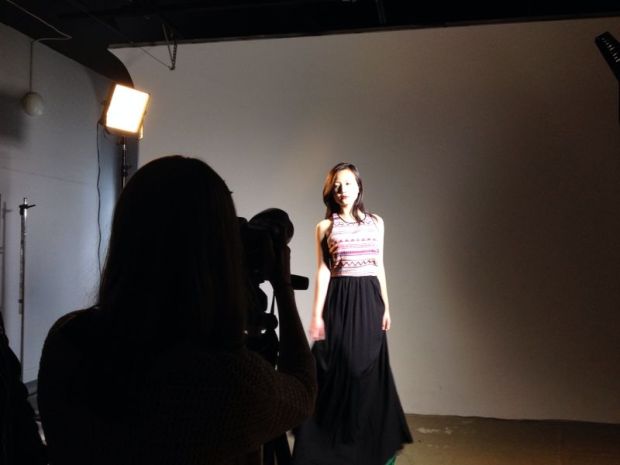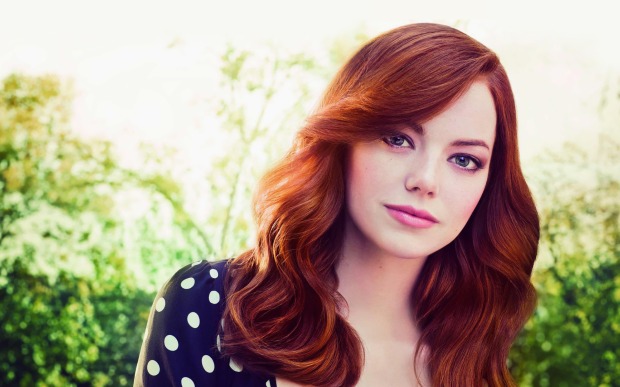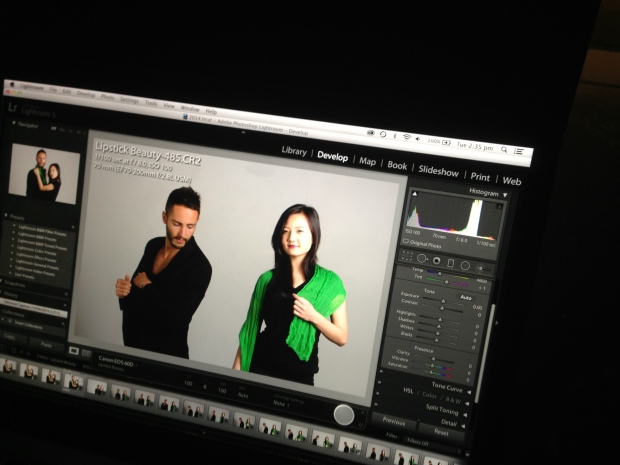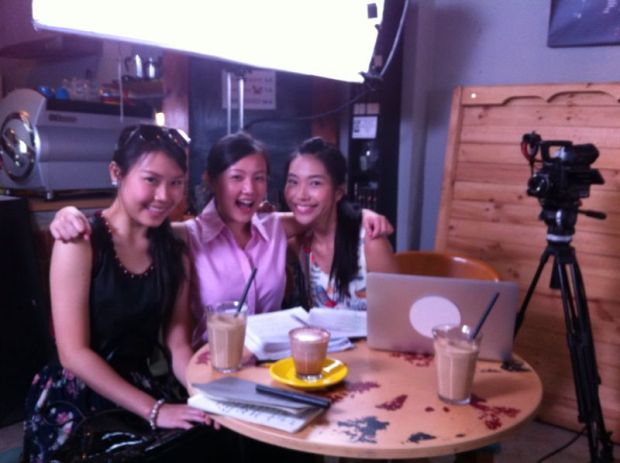I initially thought that the first of a series chronicling my acting journey should be on something positive. Joyful, even. Acting often comes hand in hand with passion, because passion is what fuels an actor to keep going on.
But another thing that goes hand in hand with acting is rejection.
Rejection isn’t easy to handle. At what point is it ever? Whether it’s for a new job, a school application, a scholarship, even for a date, no one wants to hear that word No.
That disappointment when we eagerly scan the contents of an email only to find that fateful one line hidden between generically polite words thanking you for making an effort for coming down to see them, but no, they didn’t choose you.
While most of these examples focus on aspiring actors and models, rejection is so universal that I’m sure you’d have experienced something similar at some point in time. You might just find this useful in everyday life.
Rejection is something that any actor constantly faces, whether you are an extra, or you’re in Hollywood. For every role that an actor gets, roughly 20-100 other actors who auditioned for that same role will be rejected. And particularly when you’re starting out, rejection is something very difficult to deal with, again and again and again.
Emma Stone, star of Easy A and the Amazing Spiderman movies, revealed that she “hit rock-bottom” after auditioning for Heroes.
She was in the next room waiting for her turn and heard the casting directors tell the previous auditionee (Hayden Panettiere) “On a scale of 1 to 10, you’re an 11”. Hayden obviously, got the role.
And while Emma Stone eventually got some great roles like Superbad, Zombieland, Easy A and Gwen Stacy in Spiderman, it was hard for her to deal with watching someone else win the role she wanted.
Auditions are a difficult process. Sometimes, a casting director already has an exact person in mind (tall, short, long hair, pixie cut, brunette, blonde, braces) and if you don’t fit that persona, they wouldn’t consider you.
I was cast in a production by NTU once solely because I had short hair then. I was cast in the Gadis Marmalade music video just because I was short and had long hair. And that was exactly the character they needed at that time.
And at the same time, I’ve been rejected for roles just because I had long hair at that time, or I looked too happy to play the particular role.
It’s exactly like going to a job interview each and every time, trying to make yourself stand out to them, trying to tell them with words and expressions and charisma that I’m the one you want, hire me!
Yet of course that won’t be the case for each audition.
And so here’s some things that I’ve found in my journey through rejection:
Audition, then forget about it.
After going for one, I just sit there and try to put it out of my mind. Because obsessing about it won’t be useful. If I keep thinking about it, there’s 2 scenarios that can happen:
1) Thinking I’ve got it in the bag would make me strut around in confidence till months later, when I finally realize that they’re not going to call me.
2) Thinking I’ve done badly will only cause me to obsess about it and the things I could’ve would’ve should’ve done but didn’t and now it’s too late.
But putting it out of your mind helps you to focus, and gives you a nice surprise if they do call back and say why yes, you are the perfect one for us, we want you on board.
All you can do is learn how to do better, and go for the next one.
Be prepared.
The good news about going to so many auditions is that you learn from every single one. You improve, because you understand that little bit more about what to do next time. You learn how to think faster, you learn how to act that little bit funnier, you learn to cry that little bit faster (or at least seem more authentic).
And most of all, you learn how to prepare better for the next one.
I’ve had to deal with a lot of rejection, much more when I first started out. In the beginning, I didn’t know how to behave, I wasn’t sure what to wear, and I assumed that that was the most important thing to the casting directors (It’s not that that’s not important, but really it’s the talent that matters most).
Coming early shows the casting director that you probably won’t be late for the actual shoot. Knowing more about the company gives you an idea of whether they’re probably casting for a happy product commercial or a serious or inspiring commercial.
Being prepared calms your nerves a little bit more too, and that obviously helps when you’re in the room with all these mysterious people watching you and a camera trained to catch your every move.
In my first few auditions I’d fumble over props, I’d stutter over lines, I’d blank out in the middle of a scene. And I’d come out thinking I was an idiot and I’d be lucky if they ever contacted me again.
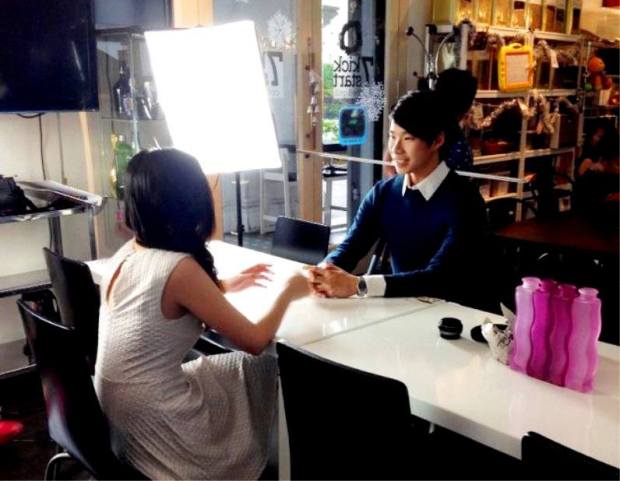
The best part though, is that sometimes they really do contact you. You may have thought you did a bad job but they might think otherwise.
This truth is, it’s scary walking in to every single audition, whether you’re prepared or not. Some companies don’t even tell you any information beforehand, whether it’s because of a lack of preparation on their part, or they want to keep it a secret till you arrive (to test your creativity and ability to ad-lib on the spot).
Others give you a script to memorize, which makes it easier because you have a better idea of what to expect.
But the moment they train a camera on you, the pressure is on. You have one shot (maybe two, if the casting director is generous) to impress them. You have one shot to be exactly as they envision your character to be, whether it’s happy and perky, or upset and crying, or angry and screaming.
Being prepared will help you to stutter less, to be more confident of delivering the script, to hopefully be able to ad-lib better and to generally be more confident all around.
I attended an audition once, where we were to audition as part of a group, and all we had do was to say two lines: your name and something about you. And the casting directors deliberated over that alone whether to choose you or not (I got in, but that also meant that I watched 5 other people leave with their hopes shattered).
Learn from your mistakes.
That’s also how you grow as an actor (or pretty much in any position). You take what went wrong in the last audition (if anything went wrong, I suppose) and you try to refine it. Did you forget your lines? Did you rush through it and stumble over your words?
Did you not have a resume or document that you should have? Did you not know the name of the company or boss? It’s not that you shouldn’t, but knowing it definitely gives you an advantage.
And a lot of the time, presentation is huge. I’ve seen people come in to an audition with flip-flops or a singlet (to be honest, there are some who actually get in after that) and I wonder what they’re thinking. Unless the role actually does call for you to be in a singlet (coffeeshop owner? sportswear commercial?) just… don’t.
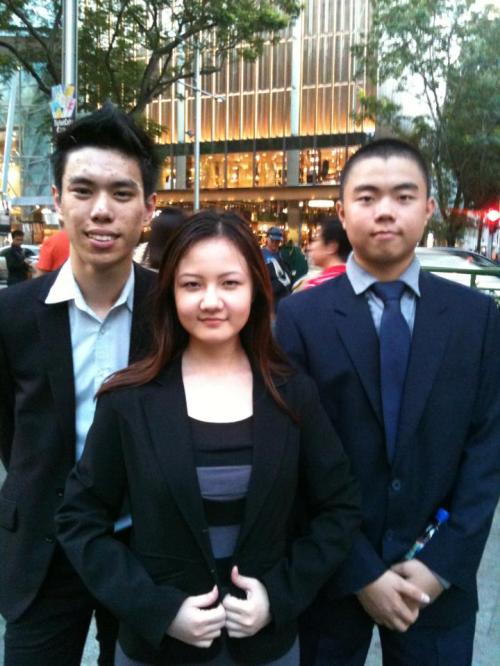
Going in with your own personal army and theme music playing in the background might be a little bit too much though…
Confidence is another huge factor in presentation. Not everyone is extroverted and nobody expects you to be, but going in hunched and unwilling to make eye contact with anyone wouldn’t be a good thing (unless again, the role calls for someone who’s nervous/shifty/terrified, then maybe that would make perfect sense).
And at the end of the day, sometimes you don’t get cast simply because you weren’t what the casting director is looking for. It’s not always based on your abilities, which is sometimes comforting but also painful.
Keep going.
I know several people who are no longer part of the industry any more, because of how harsh it is.
People drop out of it, year after year, because they couldn’t take the pressure, because they couldn’t take the constant rejection, because they kept comparing themselves to their competition and thinking that they wouldn’t be able to match up to that.
Some realize that the money they earn isn’t enough, and no matter how much passion they’ve got, passion won’t be able to feed a family and the responsibilities that come with it.
It’s a harsh industry, but the truth is, some people think they’ve been in it for too long when they’ve actually quit too early.
When I first started out, I hated having to keep going for auditions in the first few months, then never hearing from them ever again, or getting a polite generic rejection. When more people said no to me than yes, I thought, why was I putting myself through so much agony and depression?
Within the first 3 months, I thought of dropping out, of leaving the acting industry.
I loved it, but I couldn’t stand it. But I chose to go on. I went for many other auditions, and finally I got a role in a promo filmlet by Old School Sinema (a mini film, basically) to promote the ciNE65 competition.
This boosted my confidence. The director said I was the only one who fully understood a particular line in the script she wrote, and said it in the exact way that she imagined it in her head.
“Forget about the relationship forget it or forget it, let’s break up forget it?”
Based on that alone, she was campaigning for me. She’d decided I want this girl. (See how random this can be? There is no hard and fast rule. There might be this one particular detail that makes a director want you to play the character. Then again, there might be this one particular detail that makes a director not want you.)
Because I won this role and had a great shoot, I kept going on. That was in July 2011. That October I won the role of a lead character in a KFC Commercial by Apostrophe Films.
(Couldn’t they have picked a better screenshot?)
BAM and just like that, my credibility went up. I still get recognized for the commercial from time to time, and winning this role made me decide to stay in the acting industry and keep going.
Best thing is, the day before the audition for this KFC commercial, I went for another audition for HSA (government board Health Sciences Authority) where I auditioned for multiple roles. And I was pretty bad in it, I just wasn’t natural even though the casting director was kind enough to let me audition the script several times. He actually stepped in and give tips and tell me how I should sound (“you’re talking to your friend, not your boss”). But no matter how much I tried, I sucked. I came out feeling like crap.
The next day, I went in to Apostrophe Films still thinking about yesterday’s audition, but decided to keep going anyway. I went in, had a lot of ideas, read for several different characters and left feeling good. But I decided to forget about both auditions.
Two weeks later, I got the call.
If I’d given up that July, I wouldn’t have done the ciNE65 promo filmlet. If I’d given up in October, I wouldn’t have been the face of a television commercial.
All you can do is learn how to deal with rejection, and keep going on.
Good luck!
What’s your personal experience with rejection? How have you managed to deal with it?
– Fari Wu

